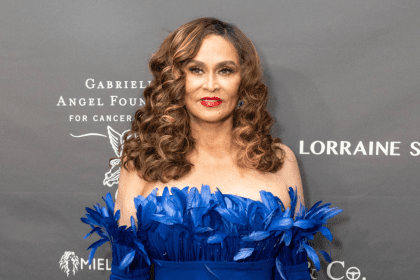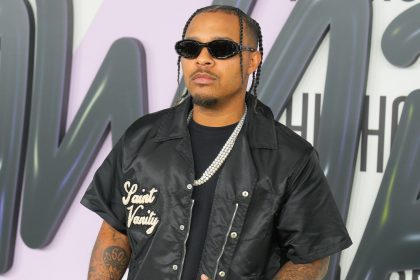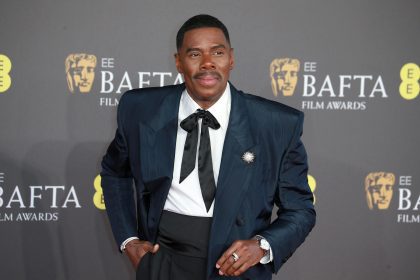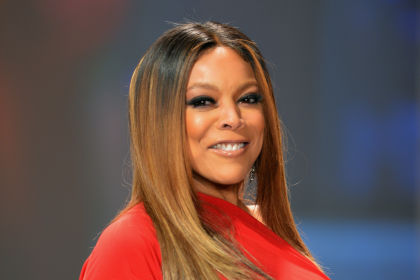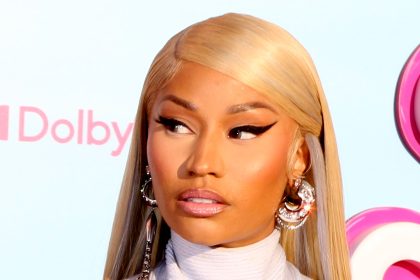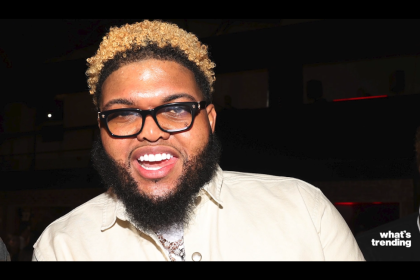USA Today’s ignorant description of The Best Man Holiday as a ‘race-themed’ film (later laughably softened as a ‘diverse’ film), opened up the floodgates of criticism and justifiable anger. But more than that, it shed a light on what black filmmakers, actors and audiences have known for years: anything which features mostly black stars will invariably be viewed as a ‘black’ film by the mainstream–regardless of how universal the actual film’s themes are.
The Best Man Holiday, as has been stated numerous times in the wake of the controversial article, isn’t a ‘race-themed’ film, nor is it’s cast ‘diverse’ just because it mostly features people of color. The important question to ask is why does white America feel that any film that isn’t dominated by their point-of-view automatically some type of anomaly? White audiences turned out in droves for films like 12 Years A Slave and The Butler. Both of those films featured mostly African American stars–why did ‘mainstream’ audiences feel so much more comfortable going to theaters to see those movies, but a heartfelt rom-com about relationships was too ‘black’ to garner their attention?
It’s a strange mindset to have–especially when one considers that, twenty-five years ago, “The Cosby Show” was the biggest show on American television, Arsenio Hall was dominating late night and Oprah was TV’s biggest daytime host. Even post-“Cosby,” a show like “The Fresh Prince of Bel Air” had a large white fanbase. So how did those black television shows manage to reach white folks’ radar, but in 2013, a film like The Best Man Holiday does not? Has American pop culture regressed? Because, after all, those successful “crossover” black sitcoms went off the air 15-20 years ago, and there hasn’t been a flood of new black television shows to take their place. So have white audiences once again settled into the idea that “white” is basically America’s default setting, while anything else is “special” and needs to be segregated?
It certainly seems that way.
But there is another important question that black audiences have to ask themselves: do we need white audiences to support black art for said art to be successful?
The success of Tyler Perry (whether you enjoy his films or not) should serve as a red flag. Here is a filmmaker who has become one of the richest men in Hollywood without a mainstream (i.e. white) audience. His films target black people and are supported by black people. He’s based in Atlanta, not Los Angeles; and his work speaks to the same people who were fans of his gospel plays–long before he ever became a movie maker. Also, “Scandal” is one of television’s most popular shows; and while there are undoubtedly white people watching–it’s largest fanbase is made up of African Americans.
In today’s pop culture climate, its imperative for “black” to not always be sequestered or treated as some sort of niche. If American audiences are truly as “post-racial” as they claim to be, they would recognize that a movie like The Best Man Holiday or the upcoming Black Nativity isn’t a foreign film; it’s an American story about American people.
But if white audiences still display the same relative disinterest that they’ve shown as of late, it’s equally important for black people to recognize the power of their own dollars. And know that we can have a hit with or without the so-called “mainstream” flocking to support it.


